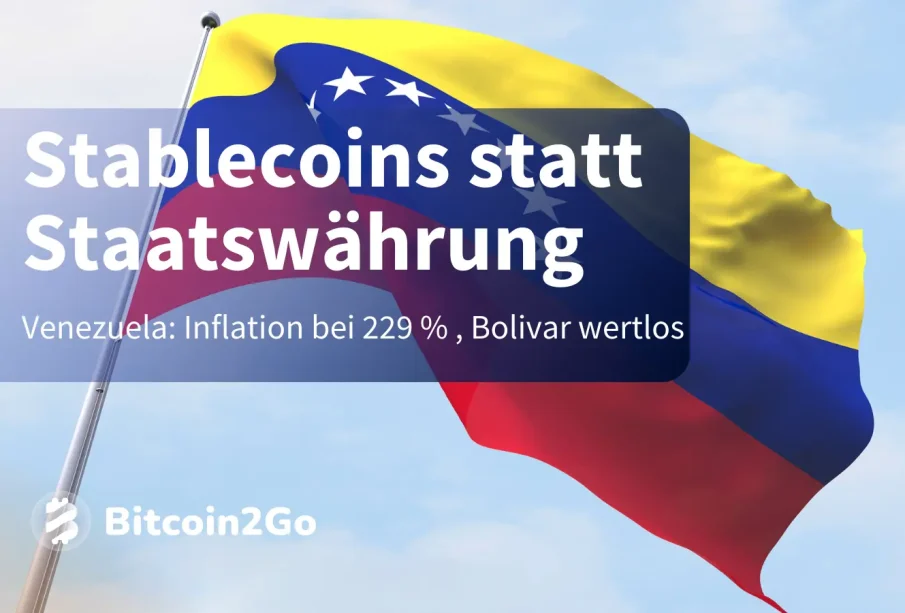An Overview of Venezuela: Challenges and Future Prospects

Introduction
Venezuela, once one of the wealthiest countries in South America, has experienced a drastic economic and political decline over the past decade. Understanding the current affairs related to Venezuela is critical as it not only impacts the region but also has global implications given its vast oil reserves. The multidimensional crisis involving humanitarian issues, political strife, and economic collapse continues to evolve, making it a significant concern for both local citizens and international observers.
The Current Situation
As of late 2023, Venezuela remains embroiled in a severe crisis characterized by hyperinflation, widespread poverty, and mass emigration. According to the International Monetary Fund (IMF), inflation peaked at an astounding rate of 5,000% in 2022, though there have been slight improvements since then. Essential services such as healthcare, electricity, and running water are severely limited, leading to significant public dissatisfaction and unrest.
Political tensions have also escalated recently. In the latest developments, the government led by President Nicolás Maduro continues to face opposition both domestically and internationally. The United States and several European countries have imposed sanctions aimed at top government officials and the state-owned oil company, Petróleos de Venezuela S.A. (PDVSA), in a bid to pressure for political change. Despite these sanctions, the Maduro regime has found ways to maintain some level of support from allied nations like Russia and China.
Humanitarian Crisis
The humanitarian crisis in Venezuela cannot be overstated. According to the United Nations, approximately 7 million people—nearly one quarter of the population—are in urgent need of assistance. Many Venezuelans rely on international aid for food, nutritional supplements, and basic medical care. In recent months, there have been efforts by NGOs and international organisations to deliver humanitarian aid, but access remains complicated by both government restrictions and logistical challenges.
Conclusion
The future of Venezuela remains uncertain. While there are signs of slight economic stabilization, the profound challenges of political instability and potential further social unrest loom large. The road ahead requires comprehensive dialogue both within the nation and with international partners to forge a path towards sustainable recovery. For readers interested in global affairs, Venezuela stands as a stark reminder of the potential consequences of political and economic mismanagement and the enduring resilience of its people in the face of overwhelming hardship.









